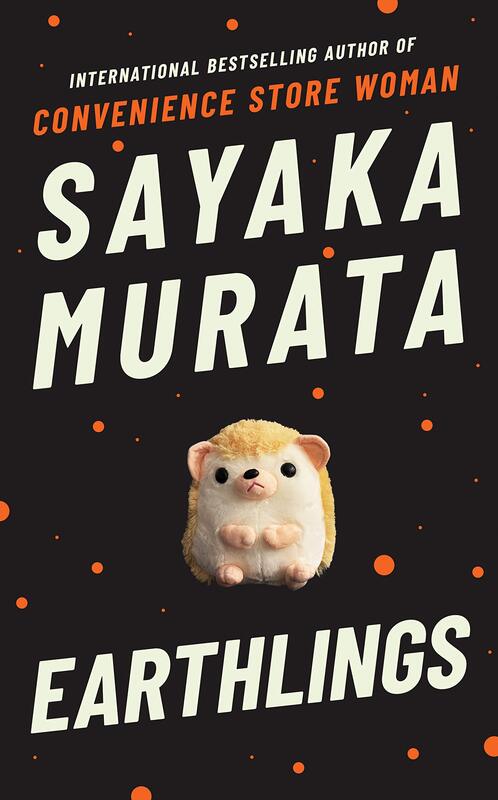Murata’s novel is a response to the social pressure that many women feel to marry and have children, even if that’s not what they want. In an interview, she cited Hakuo Yanagisawa, former health minister of Japan, who said in 2007 that ‘women of child-bearing age should perform a public service by raising the country’s birth rate’. This is reflected in Natsuki’s attitude to the world around her; she describes society as ‘the factory’, and resists the pressure to become a ‘baby-making machine’.
The translation by Ginny Tapley Takemori is smooth and fluid, conveying the disconnectedness that Natsuki feels from the world around her. The character development is done deftly and feels natural, ensuring that when the action does take a turn into the horrific and surreal, it comes as a conclusion to a process, rather than existing for the shock factor alone. The tone throughout is darkly comic, the slight ironic distance making the most difficult-to-read scenes more bearable.
What I liked most about the book was its originality. The way Murata approaches her themes is unique, not just in terms of the content, but in the lack of compromise towards attitudes such as the former health minister’s. It was refreshing to read about a female protagonist who is steadfast in her lack of desire for marriage and children, instead of discovering that she secretly does want them after all. The book succeeds brilliantly in pointing out that the ways in which our society views women are bizarre and wrong.
Earthlings is bleak, funny, surprising, and emotional. Its cast of characters are a cracked mirror reflection of how we live now, exaggerated but ultimately believable. Sayaka Murata’s imagination and perspective make it a one-of-a-kind reading experience. It has much to say about gender, conformity, the need to belong, and the barriers we cross to cope and survive.
Review by Charlie Alcock

 RSS Feed
RSS Feed
